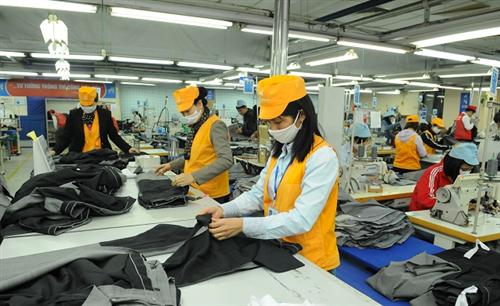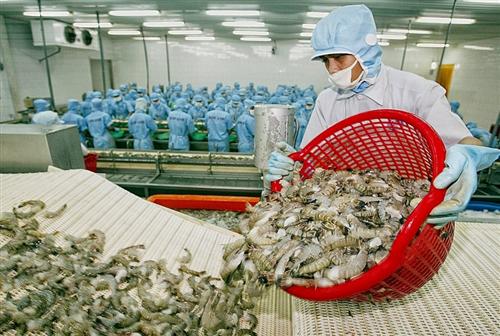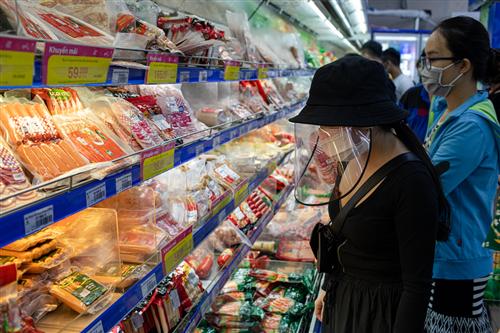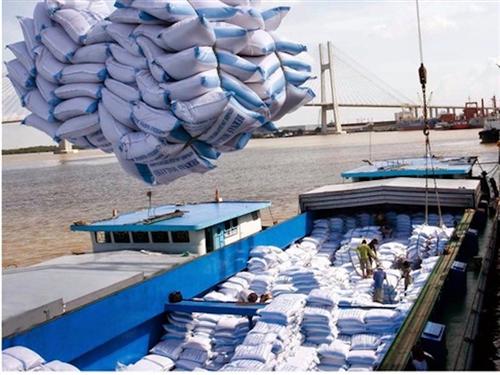Authorities clamp down on pork price speculation
Authorities clamp down on pork price speculation
The Viet Nam Directorate of Market Surveillance under the Ministry of Industry and Trade has warned that speculation, hoarding and unreasonable pricing of pork will be strictly punished. 
Pork prices have reached near record highs during the COVID-19 pandemic, even though it is an essential item, with selling price of for more than VND200,000 per kilo (US$8.5).
To tackle the issue, the directorate plans to strengthen inspections and handle violations at slaughterhouses, markets and cold storage facilities.
In addition, market watch departments have been asked to determine supply and demand and propose solutions to stabilise the market.
Viet Nam had imported more than 46,402 tonnes of pork this year as of April 13, rising over 300 per cent from the same period last year, according to the Department of Animal Health under the Ministry of Agriculture and Rural Development (MARD).
Imports from Canada accounted for 25 per cent of the total, Germany 19 per cent, Poland 14 per cent, Brazil 9.5 per cent, the US 8.39 per cent, Spain 6.72 per cent and Russia 4 per cent.
Viet Nam allowed imports of meat and related products from 24 countries, with pork and related products from 19 countries.
At a meeting with pig farming businesses in late March, Deputy Prime Minister Trinh Dinh Dung assigned the Ministry of Finance to consider and propose tax cuts on pork imports soon.
He also asked MARD to co-ordinate with the Ministry of Industry and Trade and the Foreign Ministry to give maximum support for Vietnamese firms to seek suitable suppliers in line with the PM’s directions.
Meanwhile, MARD said it had instructed localities and worked with businesses to increase pig farming to reduce pork prices.
During the reviewed period, Viet Nam also imported over 37,104 tonnes of beef and buffalo meat, which respectively surged about 200 per cent and 135 per cent year-on-year. Most of the beef was from Australia, the US, Russia and Canada, while the majority of imported buffalo meat was from India.
It also bought some 78,376 tonnes of poultry and related products from foreign sources, up 150 per cent year-on-year, mostly from the US, South Korea, Brazil, Poland, the Netherlands and Russia, the Department of Animal Health said.




























